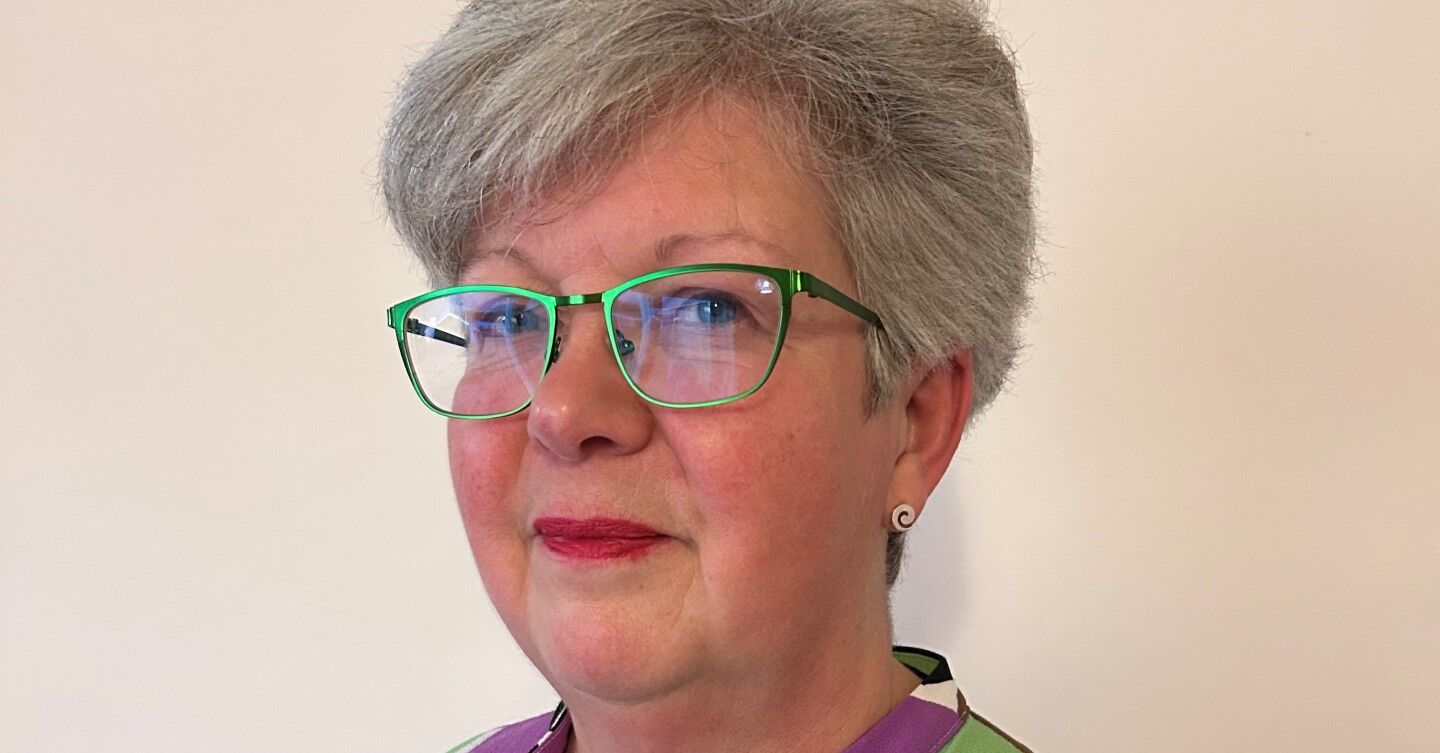Helene Irvine outlines how her nurse adviser role at Wessex LMCs is aiding representation of all clinicians within primary care, including practice nurses
I am writing in response to the article published on 11 March 2019 on the role of LMCs in supporting and representing practice nurses and their non-medical clinicians in primary care. It is important to understand that the LMC is not a trade union and cannot act as such, this is the role of the British Medical Association (BMA) and Royal College of Nursing. The Health and Social Care Act reinforces the requirement for NHS Bodies to consult with the LMC on issues that relate to general practice.
I would absolutely agree with Dr Breach’s comments that with both the changes and challenges we face there should be representation for all clinicians working in general practice. As a result, I thought it would be helpful to share our experience from here in Wessex.
Wessex LMCs represents 465 practices across the region and has always been a supporter of not only GPs but the wider practice team. We consider ourselves the voice of general practice at a local level, work for and support individual GPs and practices and the wider professional workforce.
For example, our Practice Manager Supporters provide adhoc advice and support to their practice manager colleagues and offer learning opportunities to support CPD for practice managers. The PM Supporters offer coaching and mentoring to new and experienced practice managers and have specific training to enable them to appraise fellow practice managers. They offer support in person, via email or on the phone. They work in a completely confidential way, but are duty bound to take forward any issues that are brought to their attention that may be unsafe in any way.
We also have GP Supporters who are experienced GPs recruited to provide support to struggling practices both as hands-on GPs and as GP leaders. The role is to ensure that both the clinical and managerial aspects of the practice are being fully examined prior to agreeing a plan towards sustainability.
I came into post two years ago as the practice nurse adviser at Wessex LMCs. If I was asked what the benefits are of such a role, I would describe it as an independent representative and champion of nurses, to ensure that the nurses voice is heard at a local and national level. The nursing role in general practice has changed considerably over the last 20 years in response to demands from professionals, patients and the issues around a diminishing and ageing workforce. The role is indispensable and continues to evolve; we need to increase the visibility of nurses in general practice as they have a vital role to play in the future shaping of primary care – they need to have a voice.
My role also provides advice and peer support on a range of professional and clinical issues to all clinicians, and this can sometimes involve enabling them to manage complex and difficult situations.
Our website and newsletters aim to ensure that nurses are in receipt of up to date information on training and sharing of good practice. The role is varied, no two days are ever the same. What I love about it is the opportunity to work with colleagues in practices, collaborate with a variety of external organisations and the opportunity to lead on certain projects at a local and national level. The nurse adviser role only appears to have been adopted by a very small number of LMCs and it can vary. The hope is that we can influence other LMCs by demonstrating the benefits of having someone in this sort of position to provide wider representation for all clinicians working in general practice.
Helene Irvine is a practice nurse adviser at Wessex LMCs








